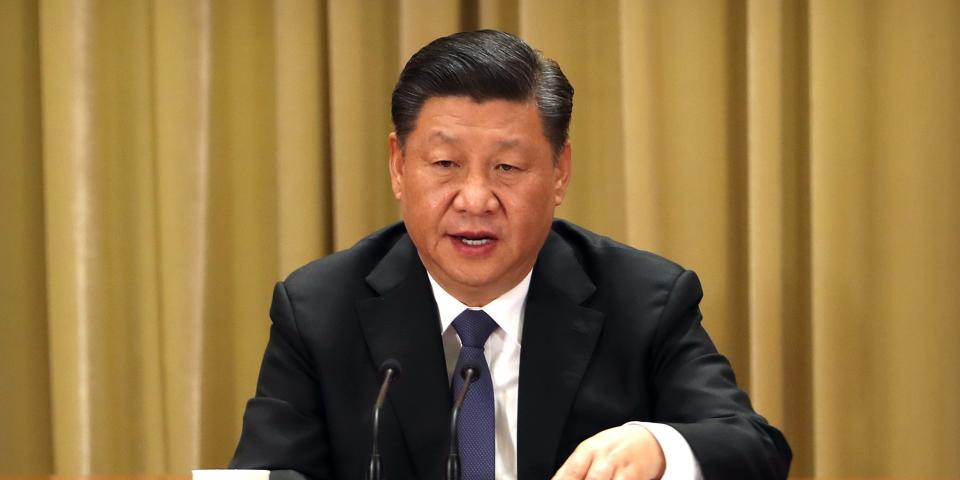
Beijing restricts access to foreign securities for Chinese retail investors, reports the Financial Times.
Domestic markets have suffered massive capital outflows as domestic traders turn to offshore securities.
About a third of funds that invest in foreign stocks and bonds have limited or suspended their sales.
Authorities in Beijing are barring domestic traders’ access to overseas markets, aiming to breathe life back into flagging Chinese stocks.
About 30% of funds offering investments in foreign securities have either suspended or limited their sales to retail investors, with some brokerages receiving informal directives to do so from the Shanghai Stock Exchange. Financial Times said.
Participants include companies such as China Asset Management and Bosera Asset Management. The first suspended subscriptions to two mutual funds which follow developments in the United States. Nasdaq And S&P500, Bloomberg also reported.
The restrictions come as Chinese investors clamor to join the U.S. stock market frenzy, where key indexes have hit all-time highs in recent days. On the other hand, Chinese markets are trading at five-year lowwith the reference CSI300 already down 4% over the year.
The decline reflects investors’ shaken confidence in China’s ability to manage its economy, as Beijing faces slowing growth, a housing crisis, high unemployment and disinflation.
Capital outflows have further accelerated due to the way offshore retail investments are structured in the country, with traders only able to invest through China’s Qualified Domestic Institutional Investor program.
As it imposes a quota on the amount of foreign stocks and bonds that brokerages are allowed to offer, it has fueled a sense of scarcity that is spurring competition for securities outside China, the FT reported. Generally speaking, Chinese investors have shown a growing preference for overseas markets over the past year, with a record 49 such funds established in 2023.
In addition to U.S.-focused investments, retail investors in China also showed a huge appetite for exposure to Japan’s Nikkei index, while funds focused on India also won.
In addition to mobilizing funds to curb offshore investments, the authorities are considering a market support A project equivalent to 280 billion dollars, the funds from which come from offshore accounts of public companies.
China’s economy is also expected to benefit from a liquidity boost worth $140 billion, as authorities prepare to announce cuts in required bank liquidity reserves.
Read the original article on Business Insider


